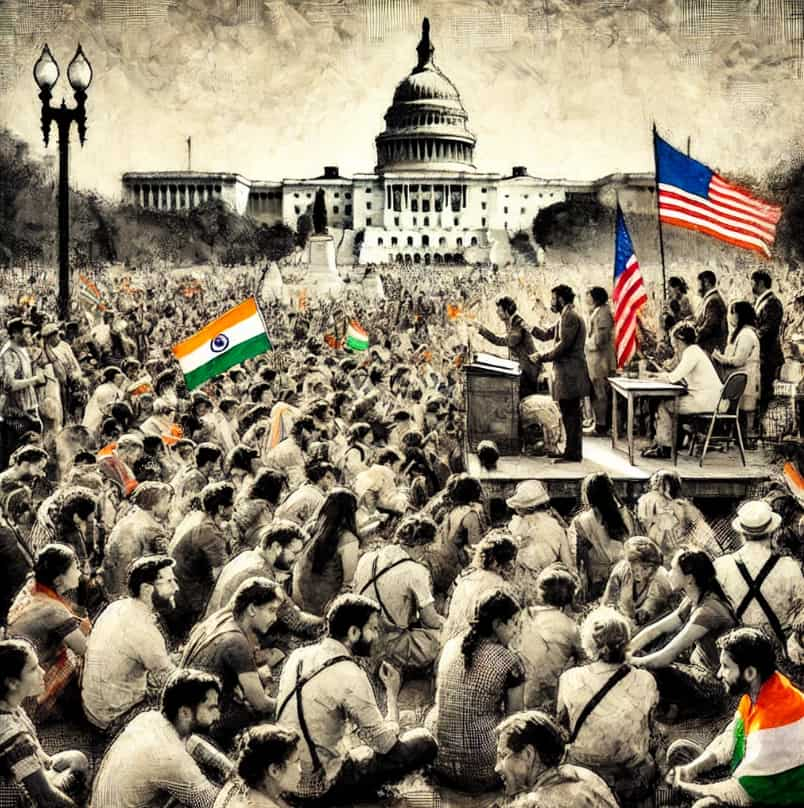
Recent overseas election outcomes have sparked emotional connections among Indians, particularly with leaders of Indian origin, but their direct impact on India's economy and governance appears minimal. Notably, Kamala Harris faced defeat in the recent US elections, while Rishi Sunak has been serving as the UK Prime Minister since 2022. Additionally, Vivek Ramaswamy was appointed by Donald Trump to review government spending, further highlighting the presence of Indian-origin leaders in global politics [df65ab2f].
In the Pacific, Indian Fijians constitute 37% of Fiji's population, a significant demographic that reflects India's historical connections with the region. Mahendra Chaudhary, who served as Fiji's Prime Minister in 1999, is a prominent figure in this context. Meanwhile, Guyana boasts a population that is 40% of Indian origin, showcasing the widespread influence of Indian culture and heritage in these regions [df65ab2f].
Prime Minister Narendra Modi's recent visits to Fiji and Guyana have underscored these connections, reinforcing ties with the Indian diaspora. Sundar Pichai, the CEO of Google, who was educated in India, exemplifies the global reach of Indian talent, although he contributes taxes overseas rather than in India [df65ab2f].
Overall, the narrative surrounding global politics is increasingly viewed through a personal lens rather than a strictly national one, as Indians engage with the successes and challenges of their leaders abroad. This evolving sentiment reflects a broader trend of emotional investment in global electoral outcomes, despite their limited direct implications for India's governance and economic landscape [df65ab2f].